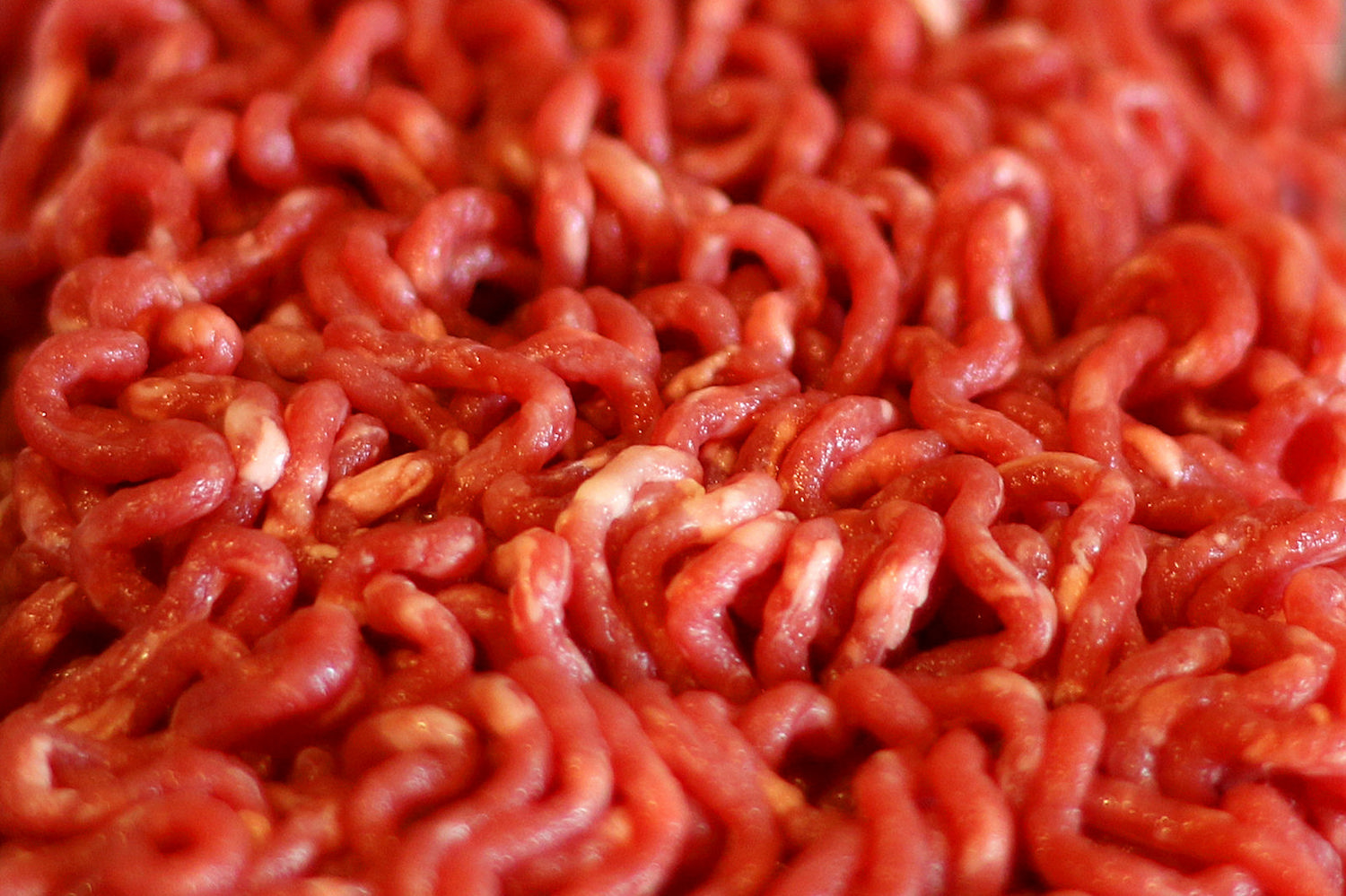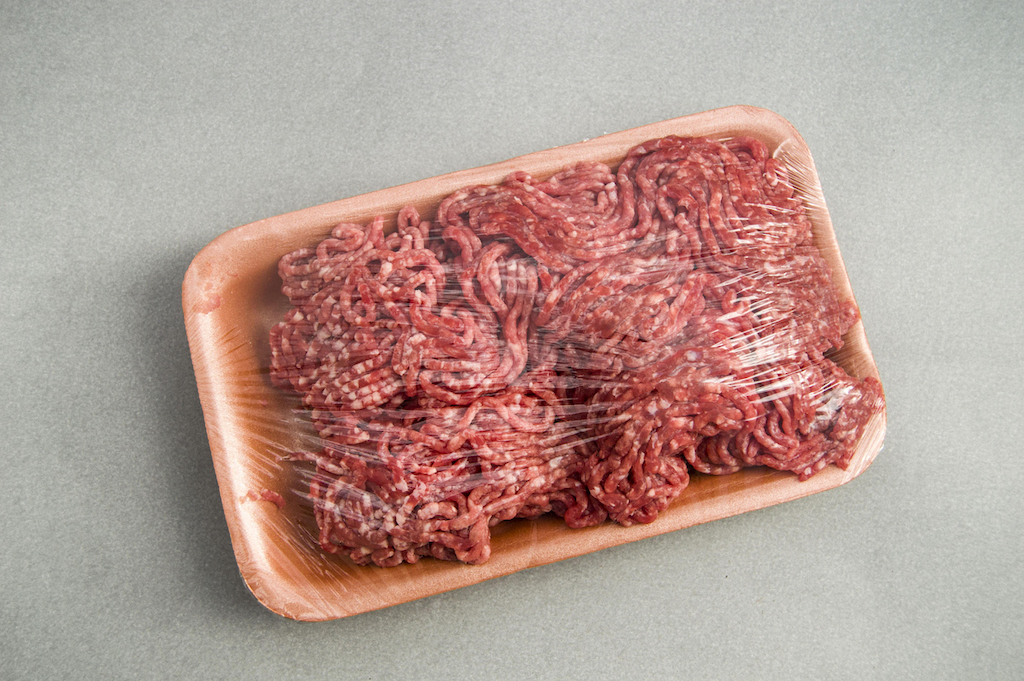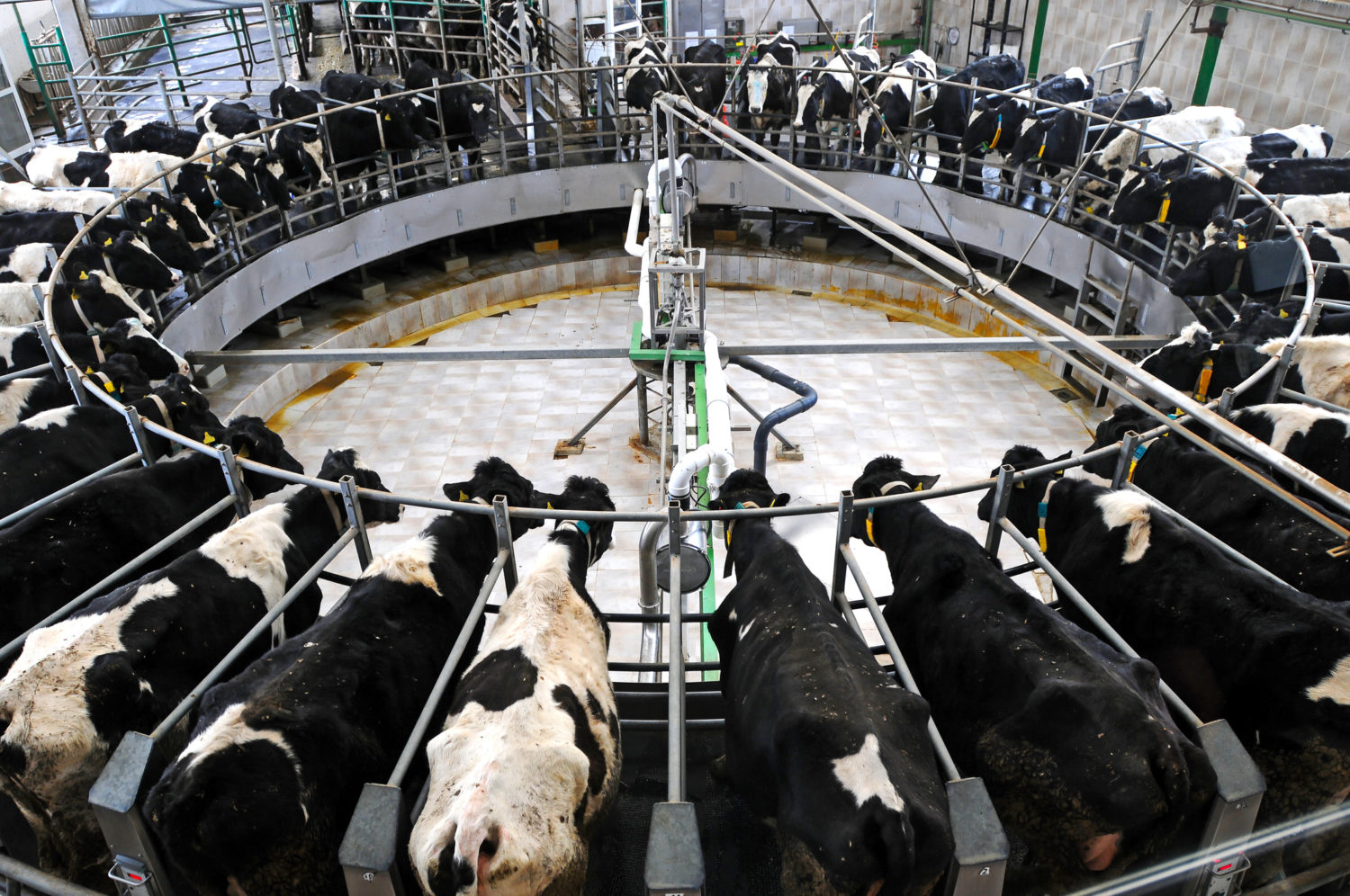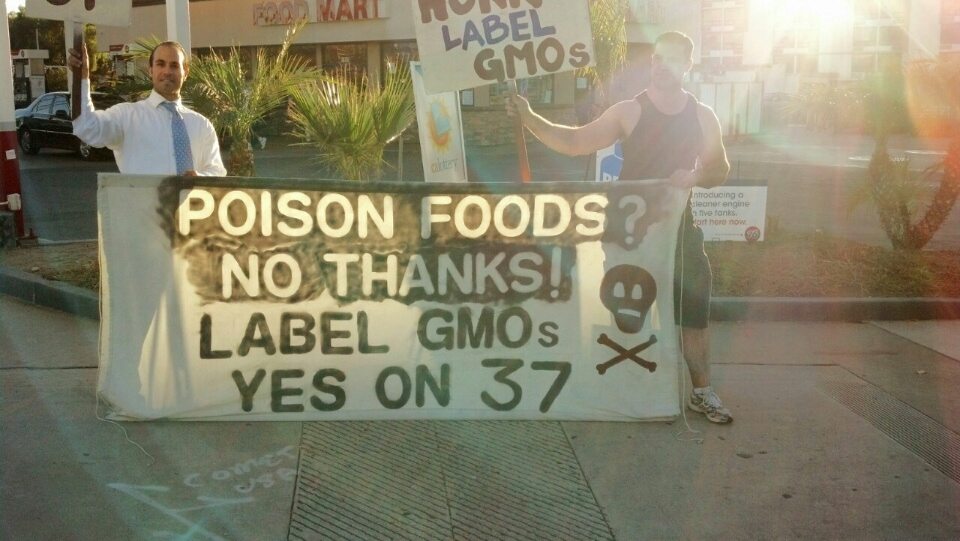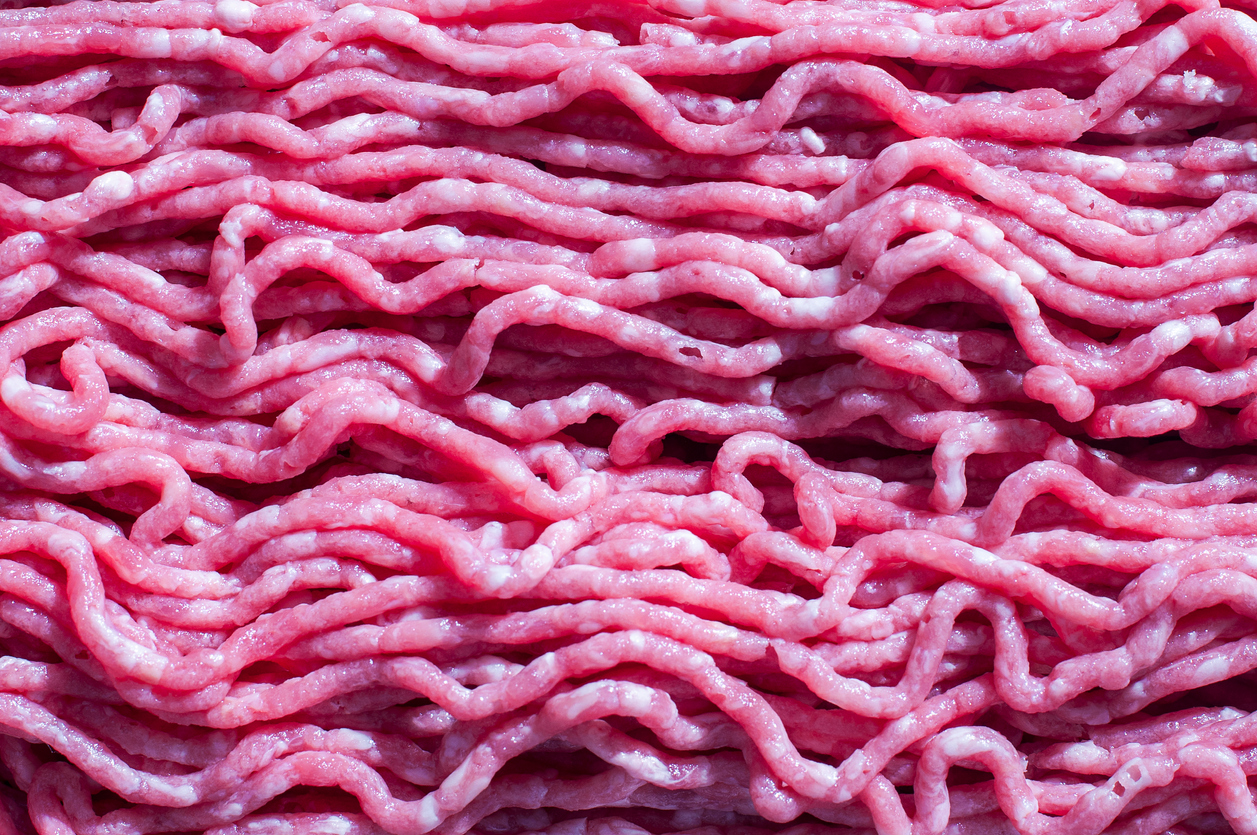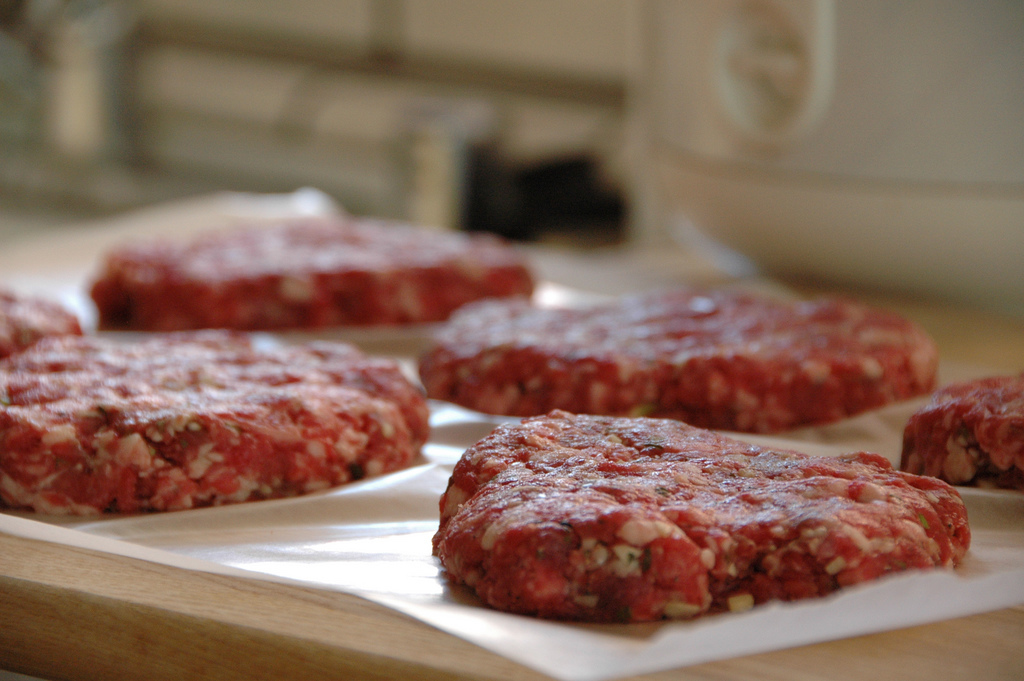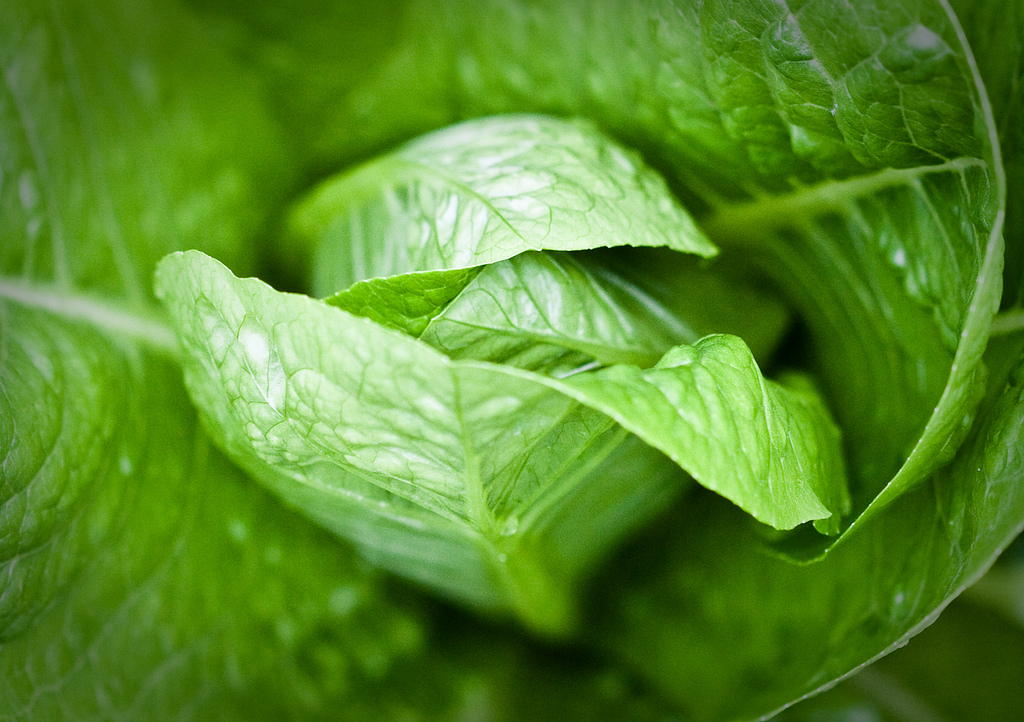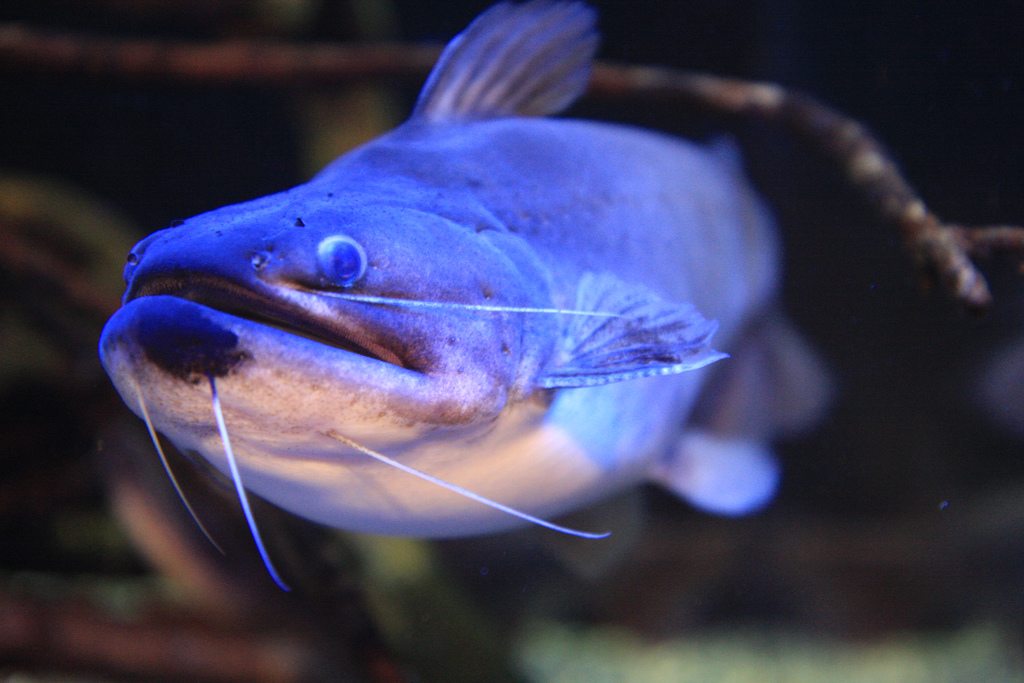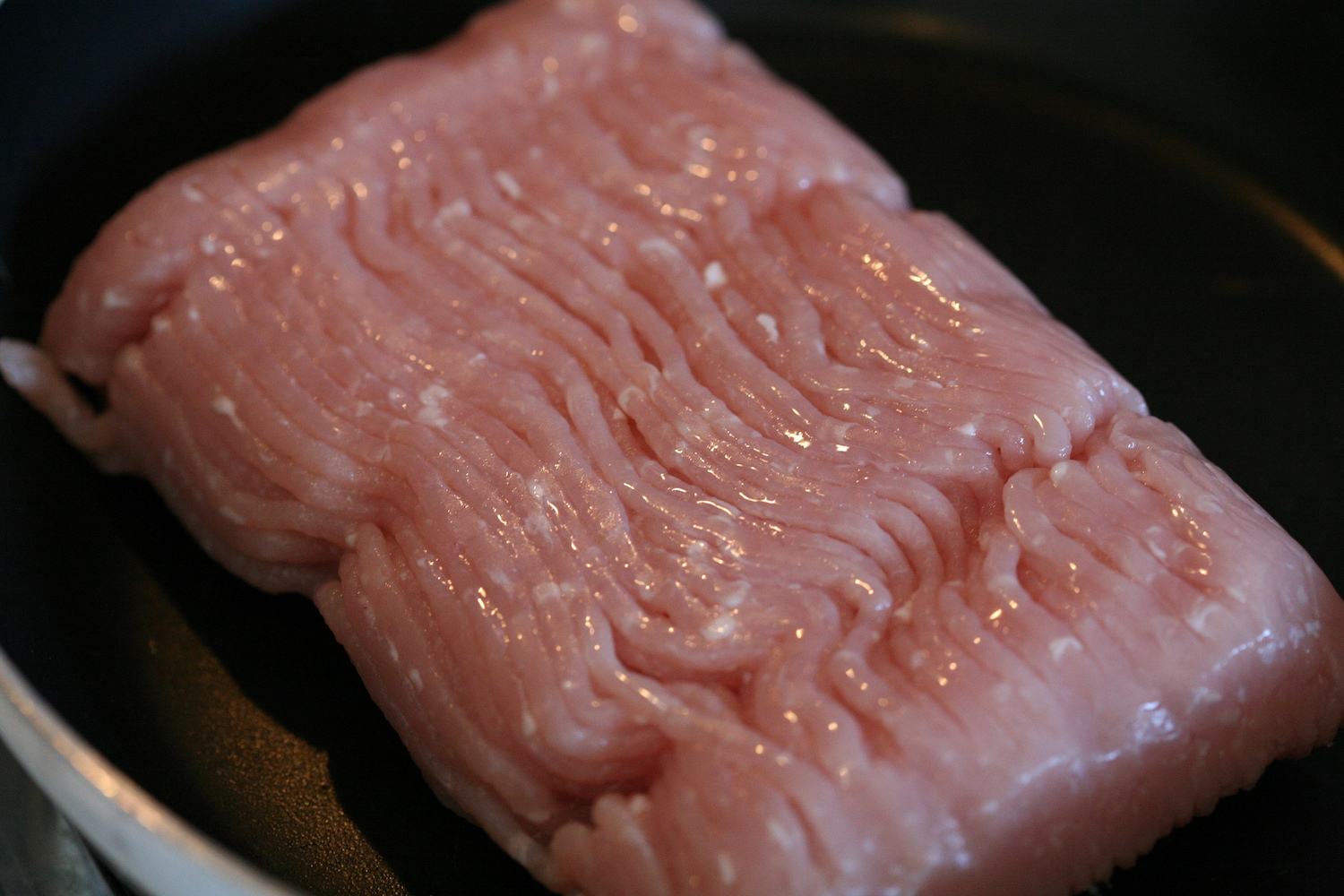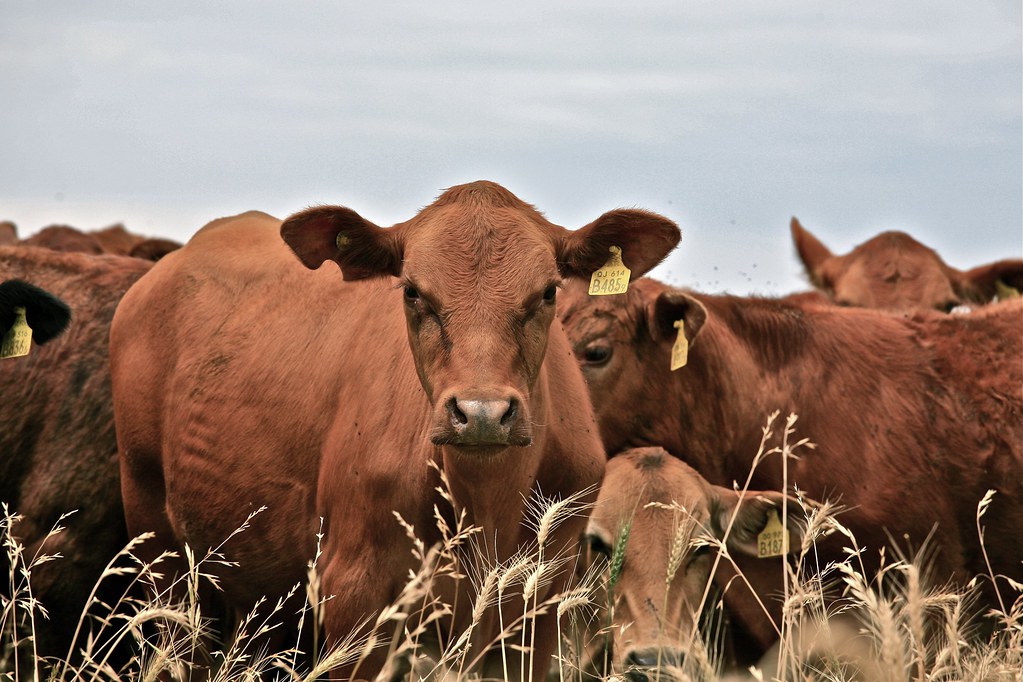Update, October 24, 2018 at 4:56 p.m., EST: The Centers for Disease Control (CDC) has revised its count of people sickened by meat recalled from JBS’s plant in Tolleson, Arizona. The agency now confirms 120 illnesses in 22 states.
JBS, the world’s largest meatpacker, is recalling 6.9 million pounds of raw beef that was processed at its sprawling Tolleson, Arizona facility, the United States Department of Agriculture’s (USDA) Food Safety and Inspection Service (FSIS) announced on Monday. The recalled product is at risk for contamination with Salmonella Newport.
That is an enormous recall. FSIS data indicate it is the largest single recall of beef since the infamous Rancho recall of 2014. The initial notice of 6.5 million pounds is more than double the amount of beef recalled in 2015, 2016, and 2017 combined.
The recall applies to ground beef, as well as some burger patties and sirloin trimmings, which were packaged between July 26 and September 7, and distributed to retailers and institutions in 16 states: Arizona, California, Connecticut, Colorado, Florida, Georgia, Kansas, Illinois, Louisiana, Ohio, Oregon, New Mexico, New York, Texas, Virginia, and Wisconsin.
According to the recall list, the at-risk products are available under a variety of JBS brand names, including Cedar River Farms, Gourmet Burger, Showcase, JBS generic, and Grass-Run Farms, JBS’s new brand of 100 percent grass-fed beef sourced from American producers. While USDA has not yet released the names of retailers that sold this at-risk beef, the recall list indicates that plenty of it was sold as private label beef at Walmart.
Salmonella outbreaks in beef are relatively rare, compared to poultry meat. According to FSIS, salmonella was detected in only 3.7 percent of ground beef tested at large plants like JBS’s between 1998 and 2013. That’s compared to 4.2 percent of turkeys, 7.9 percent of broilers, 21.2 percent of ground turkey meat and 26.2 percent of ground chicken tested.
That difference may be attributable, in part, to the fact that the skin is removed from cattle before they’re processed. Cattle can carry salmonella bacteria on their hides, so removing the skin helps eliminate a potential vector of disease. But chicken meat is sold, and further processed, with the animal’s skin still intact. It’s not yet known how the meat processed at JBS’s Tolleson plant became contaminated.
So far, an investigation by federal and state agencies, including the Centers for Disease Control and Prevention (CDC), has currently identified 57 patients in 16 states, with illness onset dates ranging from August 5 to September 6.
What happens if you eat food contaminated salmonella? Common symptoms are diarrhea, abdominal cramps, and fever, usually lasting four to seven days. While most people recover without treatment, those with compromised immune systems—in particular, adults, babies, and people with AIDS—are more likely to have severe cases. FSIS is classifying this recall as a class 1 health hazard, which it defines as a “health hazard situation where there is a reasonable probability that the use of the product will cause serious, adverse health consequences or death.”
Though most types of Salmonella can be treated with antibiotics, previous outbreaks of Salmonella Newport, the specific serotype implicated in Monday’s recall, have proven to be drug-resistant.
Because some of the recalled products were packaged over two months ago, it’s possible you have contaminated beef in your freezer. If you bought ground beef with the establishment number “EST. 267,” the purchase and expiration dates listed on the product can help determine whether the product has been recalled. If you’re not sure, CDC recommends contacting the store where the product was purchased and asking for more information.
Additional reporting contributed by Joe Fassler.
